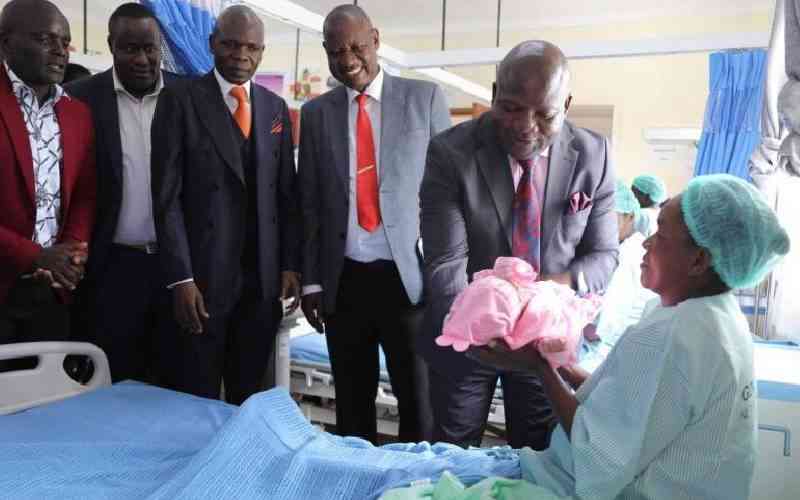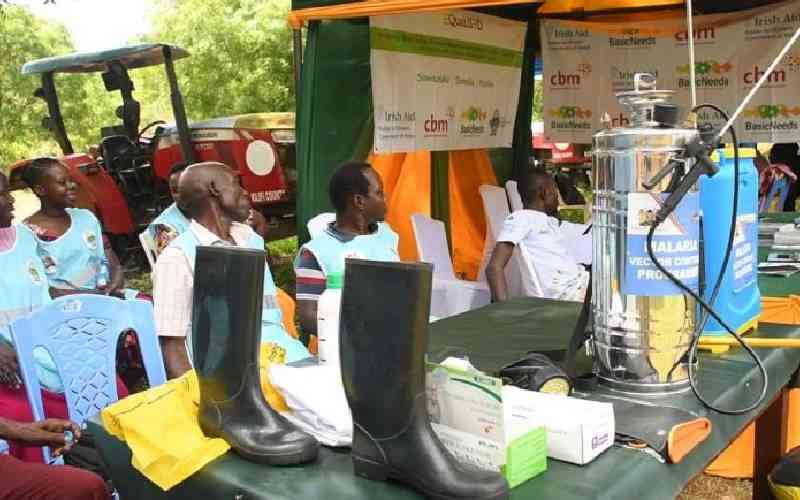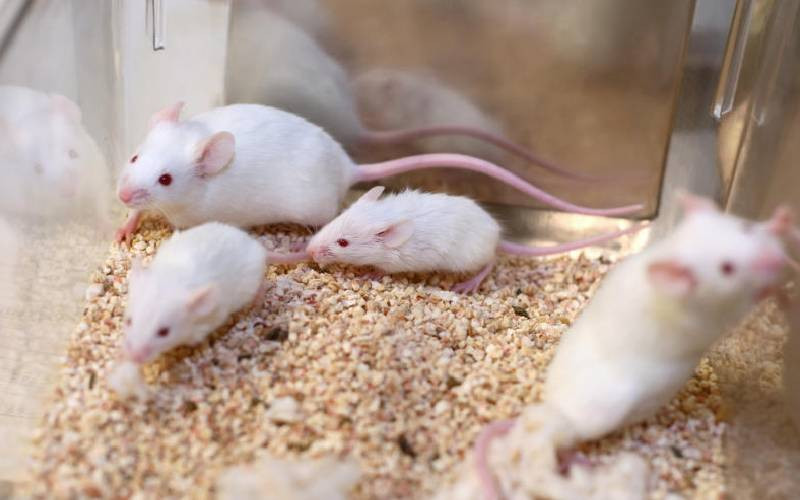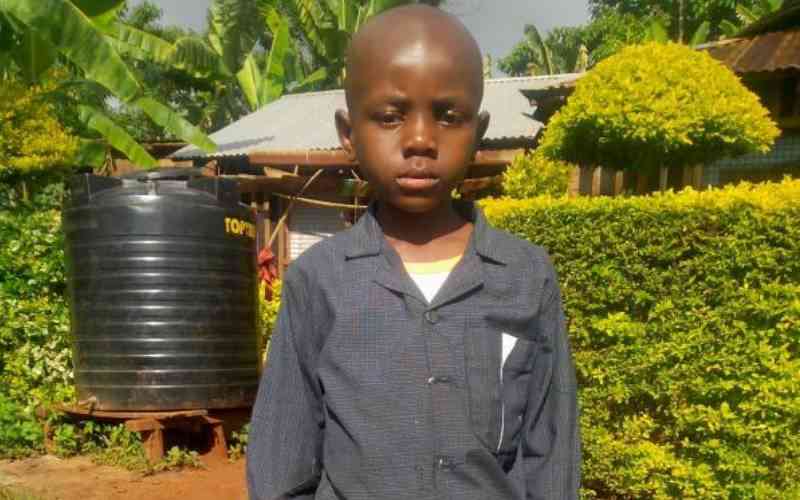
Despite Kenya's advancements in medical technology, survival of thousands of newborns remains in jeopardy, new research has revealed.
A study by the Kemri Wellcome Trust, in collaboration with Keprecon and Oxford University, shows that the crisis in neonatal healthcare is being driven by an overwhelming nurse-to-baby ratio currently averaging one nurse for every 25 newborns in most public facilities.
This is far below the recommended 1:1 to 1:4 ratios for critical cases.
Their findings paint a stark picture: while incubators, continuous positive airway pressure (CPAP) machines, and other advanced technologies have made their way into some public hospitals, there are simply not enough trained professionals to operate them and provide the hands-on, around-the-clock care that fragile newborns require.
The researchers warn that severe nurse shortages are undermining efforts to reduce newborn deaths, with potentially devastating consequences for the country's progress toward Universal Health Coverage (UHC) and Sustainable Development Goals (SDGs).
The study, funded by the UK's National Institute for Health Research (NIHR), brought together leading experts including Dr Dorothy Oluoch, Dr Rose Bosire, Dr Edna Mutua, Dr David Gathara, Dr. Diana Wangari, and Dr Michuki Maina.
READ: 21 out of 1000 newborns die before 28 days, doctors say
- How tech-aided childcare saves lives, but more would be better
- Pre-eclampsia: The deadly condition many mothers never see coming
- A mother's joy turns to peril when doctors battle childbirth bleeding
- Project reduces maternal and baby deaths in three counties
Keep Reading
While speaking during a media briefing in Nairobi yesterday, the Director for Public Health and Health Systems at KEMRI, Dr Bosire said while better technology can improve healthcare, nurses remain the primary support for neonatal care.
"For instance, when two babies require resuscitation and there's only one nurse, the other will die. Nurse shortages can significantly affect newborn health outcomes."
Reducing neonatal mortality from 22 per 1,000 live births is part of the government's effort to achieve UHC yet Kenya continues to export nurses every year.
Some senior government officials have openly encouraged Kenya Medical Training College graduates to seek work abroad. This means the country is sending its best talent to first-world nations while its healthcare system struggles to cope.
Kenya's neonatal mortality rate has only marginally declined from 22 deaths per 1,000 live births to about 21, according to the 2022 Demographic and Health Survey. Neonatal deaths still account for two-thirds of infant mortality and over half of all deaths in children under five. Researchers warn that without urgent action to strengthen the frontline workforce, these numbers will remain stubbornly high.
ALSO READ: Researchers identify leading cause of newborn deaths in the country
In public hospitals, one nurse often tends to 25 newborns-far from the recommended one-to-four ratio, or one-to-one in intensive care. Nurses are forced to triage care, prioritizing the sickest babies while others receive less attention.
The toll is both physical and emotional, with experts warning of "moral injury" when preventable deaths occur simply due to lack of staff
To address the strain, Dr Dorothy Oluoch of Kemri has been piloting an emotional competence programme where nurses share experiences, learn stress management and improve teamwork. But teamwork alone cannot close the gap. Mothers struggle to bond with their babies due to overcrowded wards, lack of privacy and minimal family-centered care.
Dr Rose Bosire of KEMRI stressed continuous professional development, saying newborns need personalized care, not just numbers on a chart. Yet equipment shortages remain severe. In some hospitals, two babies share one incubator, CPAP machines are scarce or broken, and basic tools like breast pumps and milk banks are lacking.While some counties excel in newborn care, others lag far behind. Prof Fred Were urged benchmarking within Kenya rather than abroad. Pediatrician Dr Supa Tunje added that weak referral systems delay life-saving interventions.
He warns that without investing in nurse recruitment, retention, welfare and equipment, Kenya will miss its UHC and SDG targets. "Nurses are the backbone of neonatal care. Without them, even the most advanced hospital is just a building full of equipment," he said.
 The Standard Group Plc is a multi-media organization with investments in media
platforms spanning newspaper print
operations, television, radio broadcasting, digital and online services. The
Standard Group is recognized as a
leading multi-media house in Kenya with a key influence in matters of national
and international interest.
The Standard Group Plc is a multi-media organization with investments in media
platforms spanning newspaper print
operations, television, radio broadcasting, digital and online services. The
Standard Group is recognized as a
leading multi-media house in Kenya with a key influence in matters of national
and international interest.











